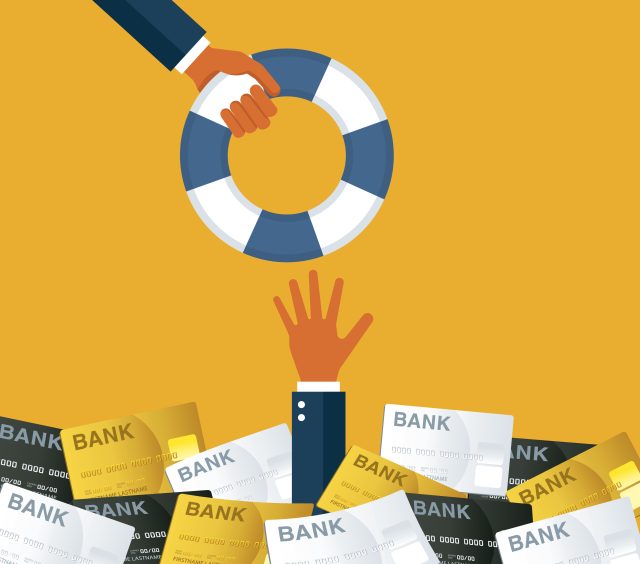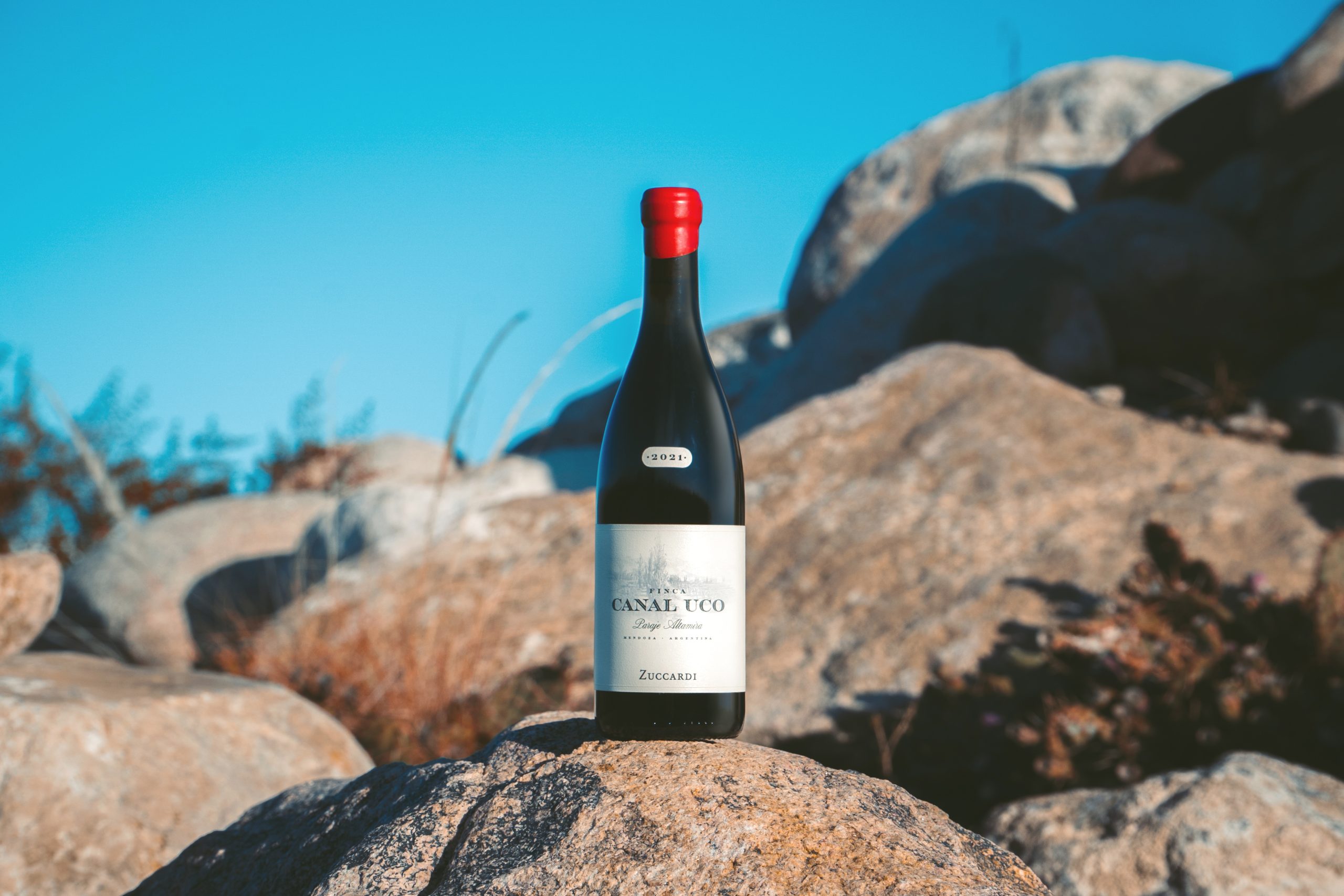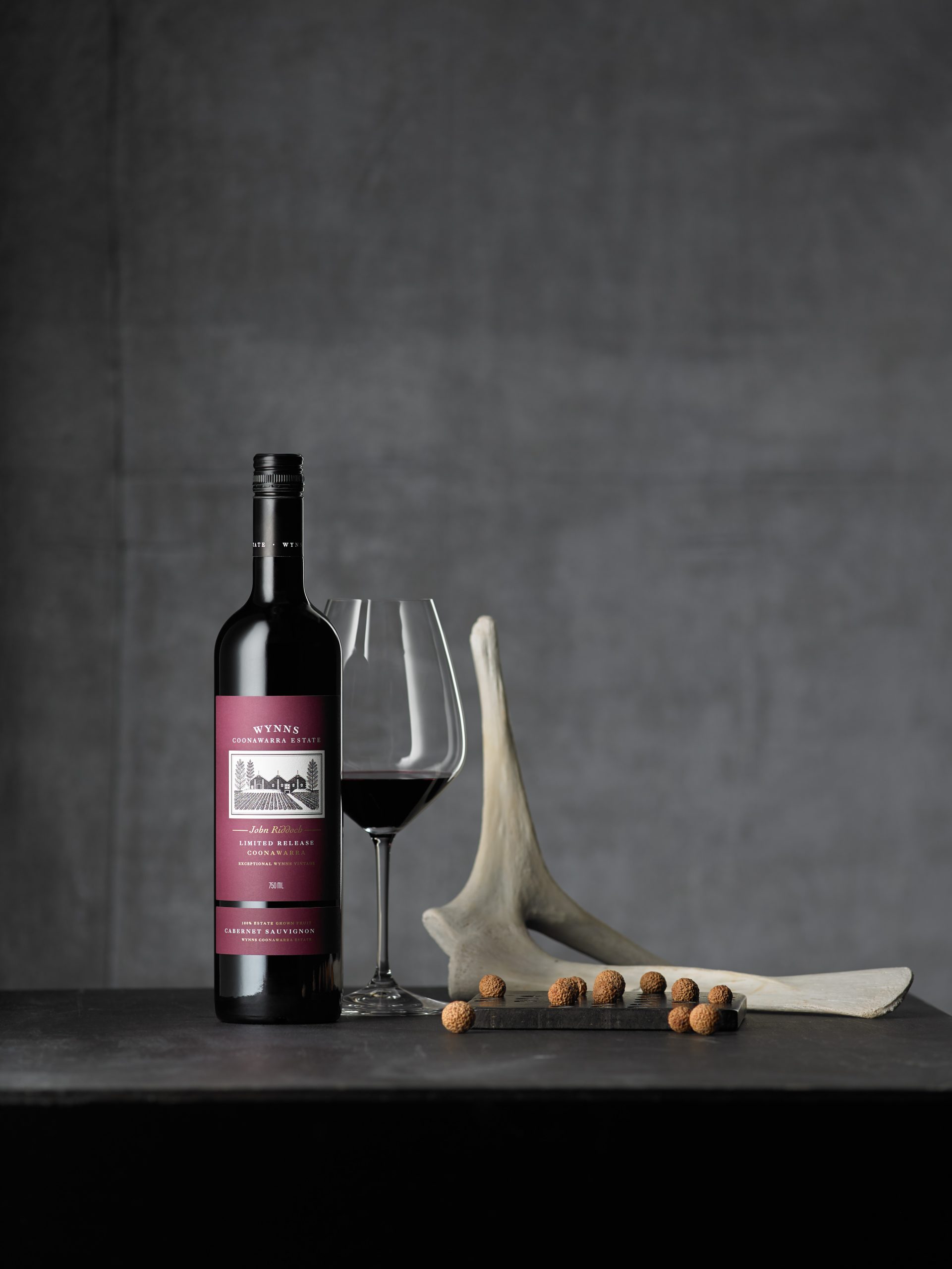Wineries shouldn’t be ‘overly worried’ about banking crisis, says CEO
Former investment banker Gonzalo Entrecanales, now the chairman of prestige Spanish wine group Entrecanales Domecq e Hijos, tells db why wineries should not be unduly concerned about the recent collapse of two major banks.

The financial world was left reeling when on 13 March 2023 Silicon Valley Bank was forced into an emergency bail-out, with HSBC acquiring the Californian bank for £1 to stop it from going under.
Shortly afterwards on 19 March, Credit Suisse was taken over by UBS in a rushed deal amidst fears that its collapse could trigger a major banking crisis.
Business owners have had to question whether the banks which loaned them money to either start up or expand their projects will end up following suit, with headlines painting bleak scenes of further banks falling like dominoes.
But how severely are wine companies likely to be impacted?
“I don’t think wineries should be overly worried about the banking system,” Gonzalo Entrecanales, CEO of Entrecanales Domecq e Hijos, told the drinks business in an exclusive interview at ProWein.
“It sounds more dramatic than it is. Of course it’s good for people to be cognizant of where they borrow their money from, but most big banks are solid – in Spain at least.”
“The real problem is that a lot of wine companies are overly indebted,” Gonzalo Entrecenales told db. “People have heavily invested because they believe in their own projects, but those ventures don’t necessarily last. It’s very common to see a really exciting wine project but then in five years time it has disappeared.”
Partner Content
The Eton-educated wine boss took over as CEO of the family wine group in 2021 following an earlier career in investment banking, working for Lazard, an asset management firm advising on mergers, acquisitions, restructuring, capital structure and strategy, based in London and New York.
With a degree in Economics from the Carlos III University of Madrid under his belt, Entrecanales also worked under global management consultancy firm McKinsey, which manages alliances and acquisitions and has overseen the purchase of more than 20 companies.
Speaking of Entrecanales Domicq e Hijos, Gonzalo said: “We don’t have a single Euro’s debt. Our philosophy is to grow organically and take things slowly in order to have a healthy balance sheet.”
This measured approach will be paramount to the five-year-plan he is about to sign off for the wine group.
Future plans including proactively furthering the sustainability achievements at the company’s wine estates in Rioja, Rueda and Ribera del Duero (already carbon neutral certified), as well as actioning some radical social outreach plans, which speak volumes about the underlying courage and conviction of the 31-year-old CEO.
Entrecanales, who is a keen triathlon competitor, including taking on the infamous Ironman race, says he is considering selling some of the historical vintages from the wineries’ cellars for the first time. And while the idea of selling the company’s fine wines via La Place de Bordeaux is something he may consider in future, he takes an ever pragmatic stance, calling the move “interesting but not essential”.
“It can’t just be a means to an end,” he said, revealing that he intends to spend the next few years consolidating the style of wines across the company’s portfolio before considering what joining the folds of La Place may or may not bring to his brands.
Related news
Castel Group leadership coup escalates
For the twelfth day of Christmas...
Zuccardi Valle de Uco: textured, unique and revolutionary wines




